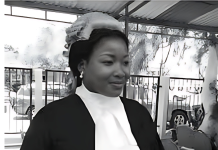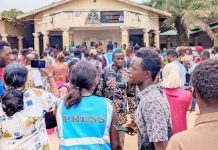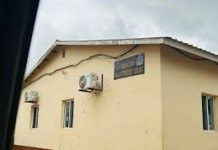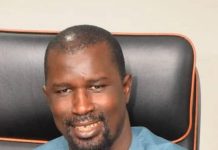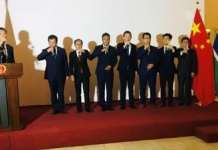Leaders do not change society just as they please. In The Gambia, after the 2016 change of administration, a constitutional review commission (CRC) was set up but never achieved the purpose for which it was set. A truth, reparation and reconciliation commission (TRRC) was also set up to promote truth and reconciliation, but adequate compensation is yet to be given to victims. No healing has taken place for almost nine years.
A commission of inquiry into Jammeh’s assets was also established and now a parliamentary committee is sitting to inquiry into what happened to those assets due to allegations of fraud.
In Senegal, the change has clocked one year. No truth and reconciliation exist. There is a public outcry that the victims should be compensated. Cases of mishandling of public funds under the previous regime are being handled but decisions as to what to do with those cases are still hanging.
Consequently, people are raising questions that the government must answer. There is the strengthening of the voices of the legislature and the judiciary. This can be taken by the government as a challenge or an opportunity. If it takes it as a challenge, then the general population will begin to debate the question and may conclude that authorities loyal to the former government may be sabotaging the progress of the current government. If it takes it as an opportunity, then it will quickly shape all government institutions and agencies to operate according to the rule of law to respond to the demands of the population for enlarged democracy and prosperity.
Foroyaa will continue to observe the situation in Senegal for more clarity.








